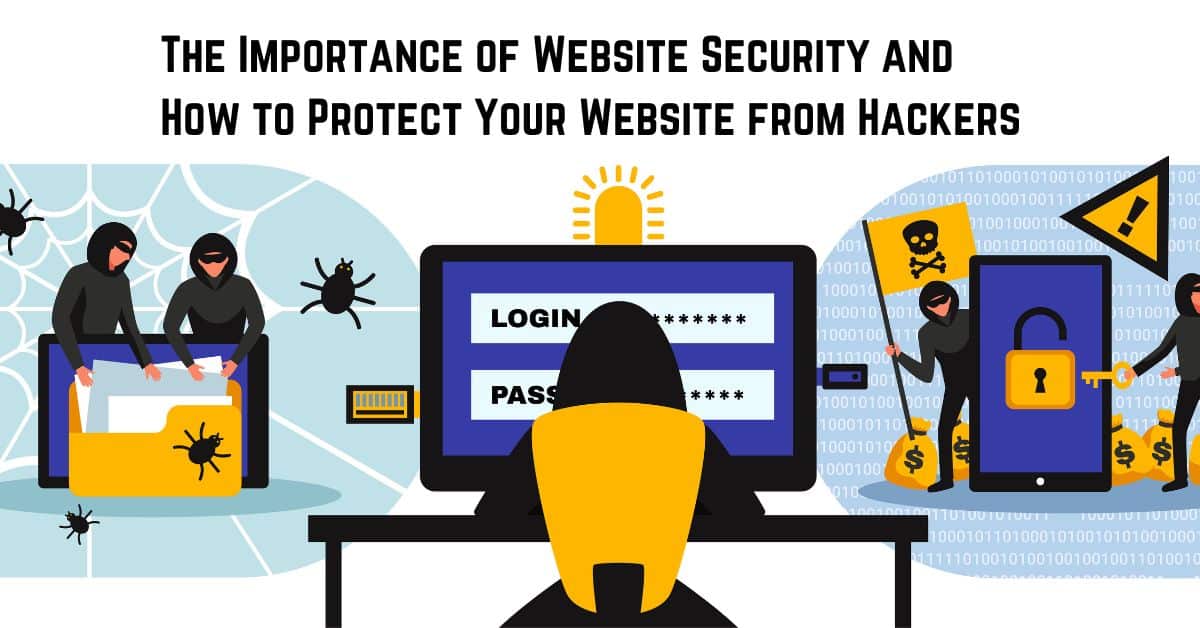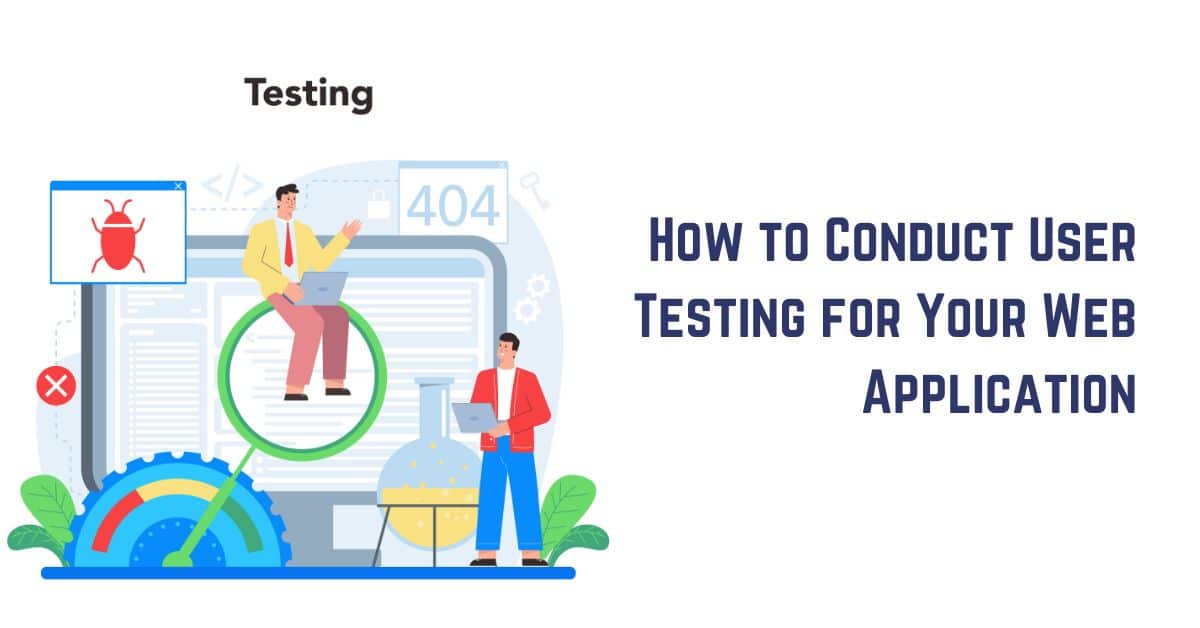The Impact of Top IT Companies in Vadodara on Technology Vadodara, also known as Baroda,…

The Importance of Website Security and How to Protect Your Website from Hackers
The Importance of Website Security:
Website security is a top priority for any business with an online presence. Hackers and cybercriminals are constantly looking for vulnerabilities in websites to exploit for their gain. By compromising a website’s security, they can steal sensitive data, install malware, or even take control of the entire website. At the most basic level, website owners should ensure that they use strong passwords and regularly update them. Installing an SSL certificate can also help protect your website from hackers by encrypting data transmitted between the website and its users. Another critical step is to implement firewalls and security plugins to prevent unauthorized access to your website. Website security is essential to protect your website from hackers, malware, and other online threats.
At Ample Websol, we offer comprehensive website security solutions to protect your website from cyber threats. Our team of experts can conduct vulnerability assessments and implement robust security measures to safeguard your website and data from potential breaches. Don’t let hackers compromise your website’s security and put your business at risk. Contact us today to learn more about our website security services and take the necessary steps to protect your online assets.
How to Protect Your Website from Hackers
In this blog, we will discuss the importance of website security and provide tips on how to protect your website from hackers.
- Importance of website security: A website that is compromised by hackers can lead to data theft, financial loss, and damage to your reputation. Website security ensures that your website is protected against cyber threats and keeps your customers’ data safe.
- Use a secure hosting provider: Your hosting provider plays a critical role in the security of your website. Choose a provider that offers secure hosting, including SSL encryption, regular backups, and security monitoring.
- Keep your software up-to-date: Ensure that your website’s software, including your content management system (CMS), plugins, and scripts, are regularly updated to the latest version. Outdated software can leave your website vulnerable to security exploits.
- Use strong passwords: Use strong passwords for your website’s login credentials and encourage your users to do the same. A strong password should be at least eight characters long, include a mix of upper and lowercase letters, numbers, and symbols.
- Implement two-factor authentication: Two-factor authentication adds an extra layer of security to your website by requiring users to provide a second form of identification, such as a code sent to their phone, in addition to their password.
- Regularly backup your website: Regularly backup your website’s data to ensure that you can quickly restore your website in case of a security breach or other disaster.
- Use website security tools: Use website security tools, such as firewalls, malware scanners, and intrusion detection systems, to help detect and prevent attacks on your website.
Conclusion:
In conclusion, website security is critical to protecting your website from hackers and other online threats. Use a secure hosting provider, keep your software up-to-date, use strong passwords, implement two-factor authentication, regularly backup your website, and use website security tools to help ensure your website remains secure. By following these best practices, you can protect your website and your customers’ data from cyber threats.
Explore our Services!
Website Development Company in Vadodara, Digital Marketing Company in Vadodara, SEO Company in Vadodara, Google Ads Expert in Vadodara, Hire the Best Facebook Ads Specialist in Vadodara, E-Commerce Development Company in Vadodara, UI/UX Design & Development Service in Vadodara, Web Application Development Services in Vadodara, Mobile Application Development Services, Social Media Marketing Agency in Vadodara, Best Email Marketing Services in Vadodara


